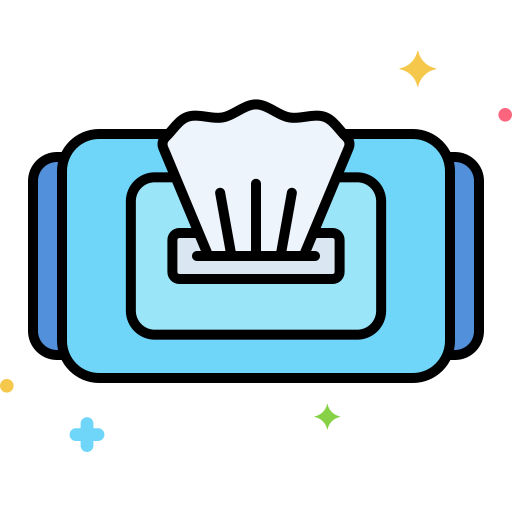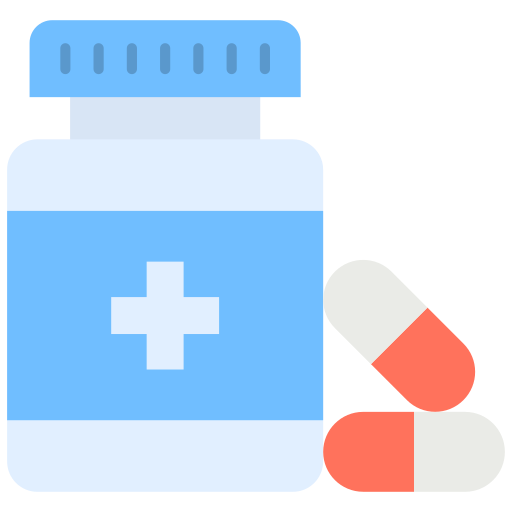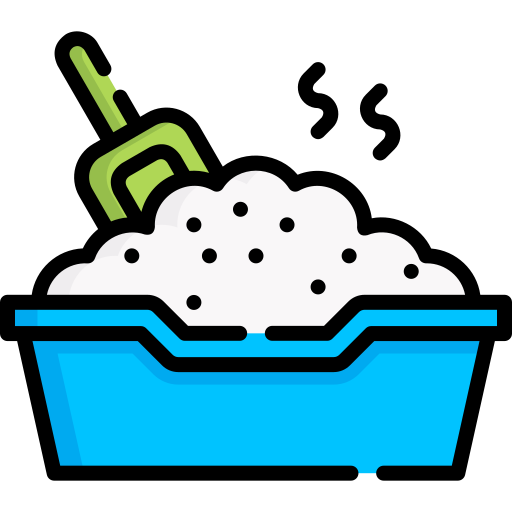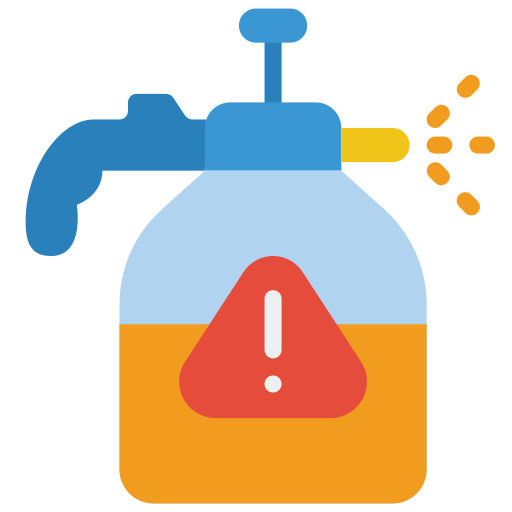What Not to Flush
Flushing any of the items below will increase the likelihood of clogged pipes, slow drainage, wasted water, and environmental impacts.
Below is a list of items that should not be flushed:

Baby Wipes, Flushable Wipes, Feminine Products, and Paper Towels
"Flushable" wipes are not truly flushable and should always be placed in the garbage. We receive several phone calls each year from customers whose pipes have clogged due to "flushable" wipes. Don't be fooled by false advertising!

Prescription Drugs and Over-the-Counter Medications
These chemicals should not enter the wastewater supply, as they could affect the treatment processes.

Kitty Litter
If flushed, kitty litter will eventually clog your pipes, even the varieties that claim to be "flushable." Additionally, Toxoplasmosis, a parasite found in cat waste, is harmful to marine biology.

Household Hazardous Materials
Materials such as motor oil, pesticides, paint, and solvents should never be poured down the drain, as they are highly toxic and can harm the environment.
